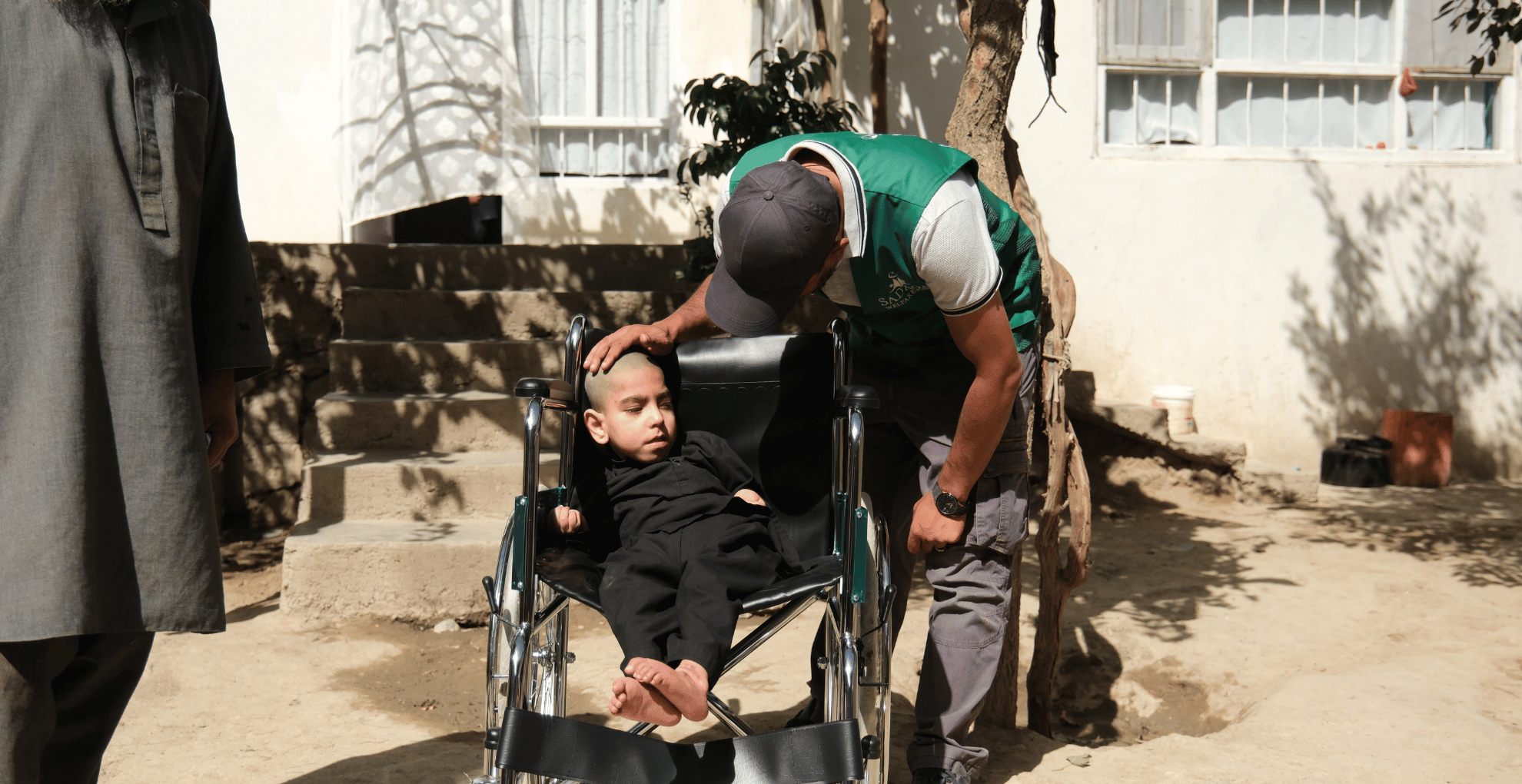What is the purpose of fasting in Ramadan?

What is the purpose of fasting in Ramadan?
The purpose of fasting during Ramadan goes beyond abstaining from food and drink; it is a deeply spiritual practice meant to purify the soul, enhance self-discipline, and bring Muslims closer to Allah. Fasting, known as sawm, is one of the Five Pillars of Islam, symbolizing devotion, humility, and obedience to God’s commandments. Through fasting, Muslims cultivate empathy, gratitude, and awareness, fostering a strong connection to both their faith and the community around them.
Spiritual Reflection and Connection
Fasting is an opportunity for Muslims to focus on spiritual growth, allowing them to dedicate more time to prayer, Quran recitation, and reflection on their lives. By refraining from daily indulgences, individuals can remove distractions, making room for a clearer and more sincere connection with Allah. This self-discipline reminds them of the purpose of their existence and brings them closer to their Creator.
Self-Control and Personal Discipline
Abstaining from food, drink, and other physical needs from dawn to sunset strengthens self-discipline and willpower. By controlling physical desires, Muslims practice patience and resilience, qualities that extend beyond Ramadan into their daily lives. This month of sacrifice teaches moderation and reminds them of the blessings they often take for granted.
Empathy and Compassion
Fasting nurtures empathy for those facing hunger and hardship, inspiring a greater sense of social responsibility. When Muslims feel hunger firsthand, they become more aware of the struggles of the less fortunate. This shared experience motivates acts of charity, such as paying zakat and engaging in community service, helping to strengthen the bonds within the community.
The essence of fasting during Ramadan is to achieve taqwa—a heightened awareness of Allah that leads to mindful living, compassion, and gratitude. Through fasting, Muslims seek to purify their hearts, renew their intentions, and carry these virtues forward into the rest of the year.





